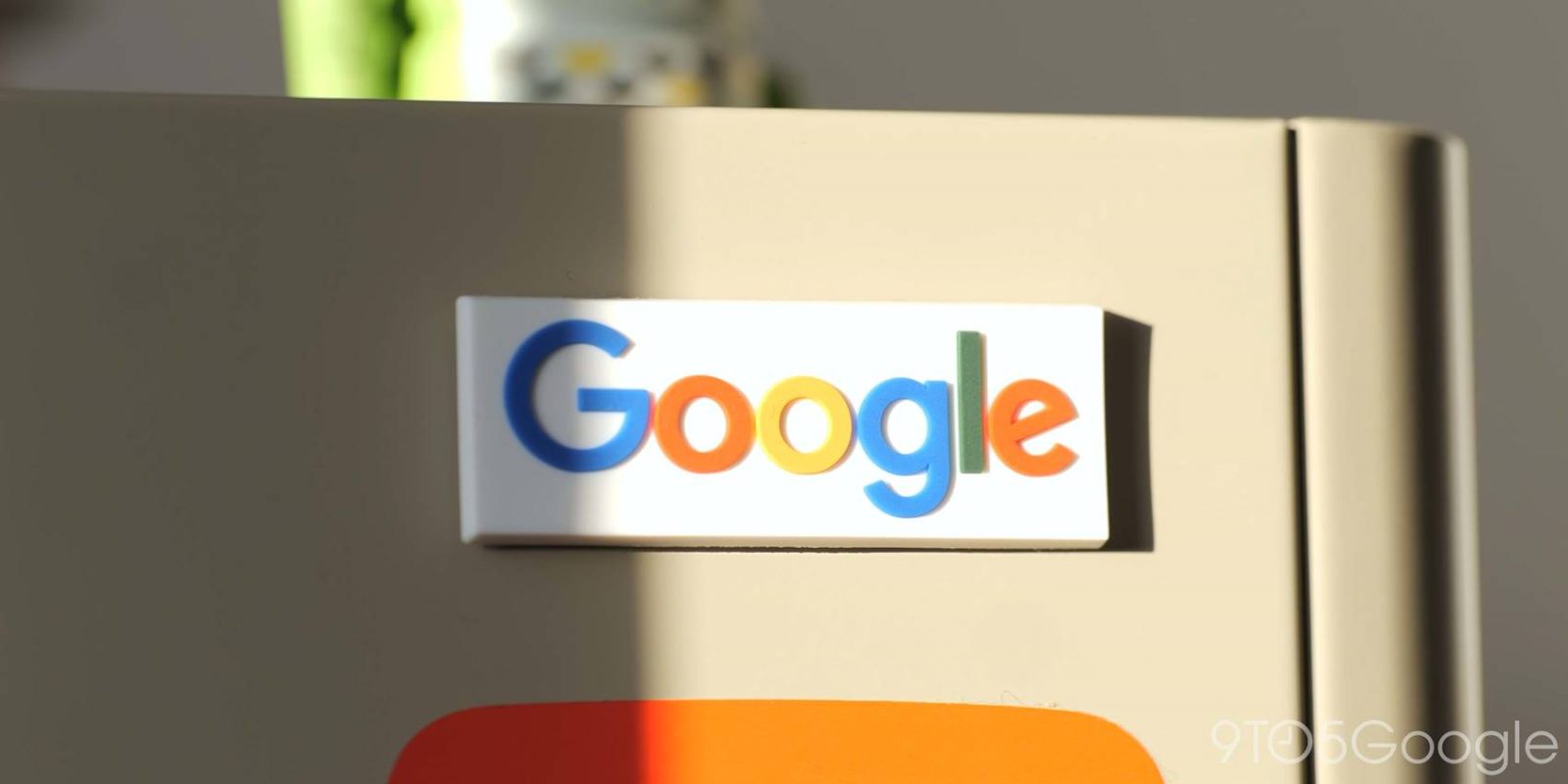
As generative AI has exploded in popularity over just the past several months, the concerns of misinformation and other impacts of the technology are growing. This week, “Godfather of AI” Geoffrey Hinton has departed his position at Google, worried that no one will be able to tell “what is true anymore.”
Geoffrey Hinton is considered a “Godfather of AI,” as one of the leading persons who laid the foundation for AI that we’re seeing the impact of today. Hinton, alongside two others, won a Turing Award in 2018 for that work. Since 2013, Hinton has worked in a role at Google, but has now turned in his resignation.
In an interview with The New York Times, Hinton expressed his concerns that the quick pace of tech companies launching generative AI products is “racing towards danger.” He further said:
Look at how [AI] was five years ago and how it is now. Take the difference and propagate it forwards. That’s scary.
Hinton left his position at Google to allow him to openly discuss the dangers of AI. Before departing Google, Hinton had a conversation directly with CEO Sundar Pichai, but details of that conversation were not disclosed publicly.
In the NYT interview, Hinton said that Google was considered a “steward” for AI, but the game has since changed. Microsoft’s quick move to integrate OpenAI’s GPT-4 into Bing, to resounding success, led to Google racing to deliver similar technology in its own products. Hinton says that such competition could be “impossible to stop.”
The immediate concern from Hinton’s point of view is misinformation, saying that the false text, images, and videos created by AI flooding the internet will lead to average persons “not [being] able to know what is true anymore.” Another concern that Hinton shares with many is that AI products will eventually “upend” the job market, eventually replacing roles such as “paralegals, personal assistants, translators” and others. AI’s tendency to learn unexpected behavior, such as generating and running their own code, is something else he now fears. He also adds:
The idea that this stuff could actually get smarter than people — a few people believed that. But most people thought it was way off. And I thought it was way off. I thought it was 30 to 50 years or even longer away. Obviously, I no longer think that.
Ultimately, Geoffrey Hinton says that he now regrets his life’s work.
In a tweet, Hinton did say that Google has “acted very responsibly” with AI thus far, and clarified that his leaving Google was not to criticize the company, but rather the dangers of AI as a whole without worrying about how his statements would impact Google.
In the NYT today, Cade Metz implies that I left Google so that I could criticize Google. Actually, I left so that I could talk about the dangers of AI without considering how this impacts Google. Google has acted very responsibly.
— Geoffrey Hinton (@geoffreyhinton) May 1, 2023
More on AI:
- Google Bard can now write, debug, and explain code
- Grammarly rolls out its generative AI tools with these limits
- Report: Bing sees 15.8% boost in visits following GPT-4 push, as Google sees a slight decline
FTC: We use income earning auto affiliate links. More.

